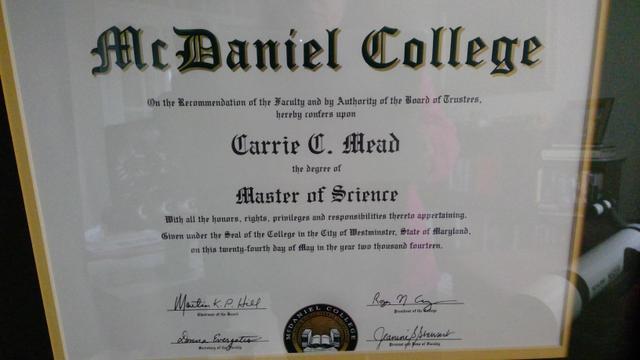Carrie Mead
You are in major life changes like divorce, retirement, or a new career. You seek confidence, clarity, and peace as you prepare your next steps. I can help you. I have assisted many clients, like you, to regain vision, purpose, and drive in their lives.
…
About Carrie Mead You are in major life changes like divorce, retirement, or a new career. You seek confidence, clarity, and peace as you prepare your next steps. I can help you. I have assisted many clients, like you, to regain vision, purpose, and drive in their lives. I am a certified "Seasons of Change" life coach, clinicial counselor and Reiki Pracitioner. |
Expert in the fields:Spiritual Healing/Reiki/Telemental Health/Cognitive Psychology
6 years of practice
On Core Spirit since August 2021
Baltimore, MD, USA
Certificates

Practitioner Reviews
Carrie Mead doesn’t have reviews yet.
Click the button below to leave the first one!
Comments
•4y ago
New article Do I have a Drinking Problem? already available! Read it now
•4y ago
New session Life Coaching and Reiki Combo Package already available! Book it now
Reiki
Life Coaching and Reiki Combo Package
Leave your comments / questions